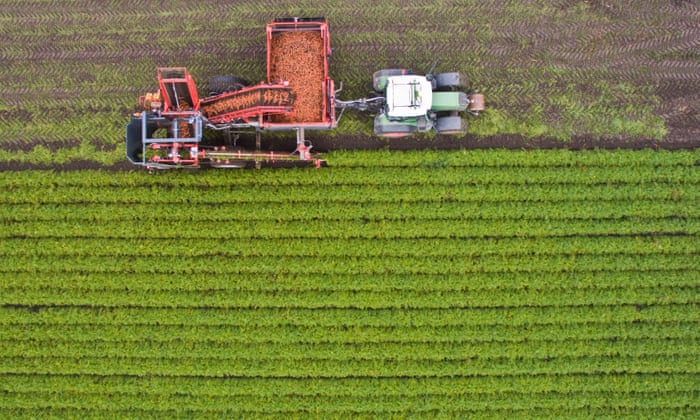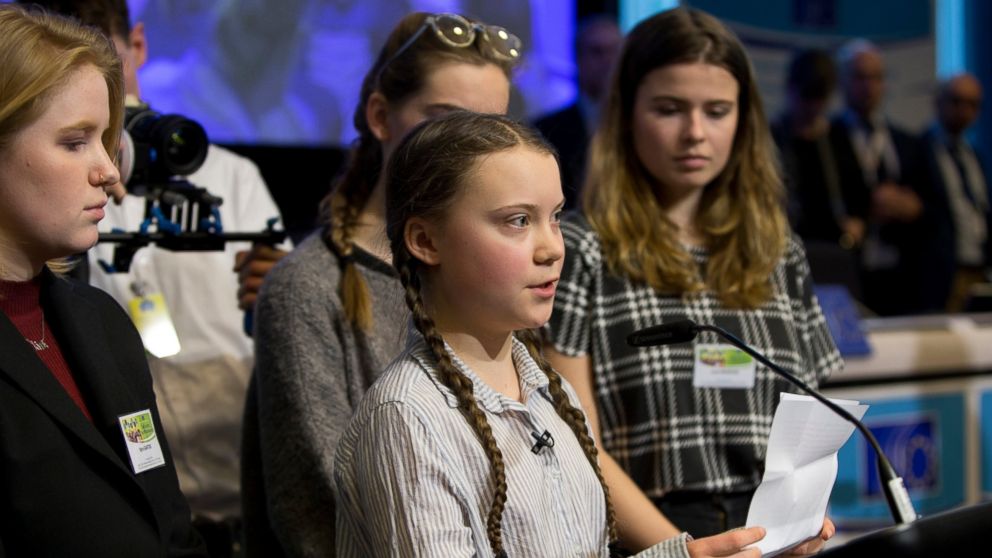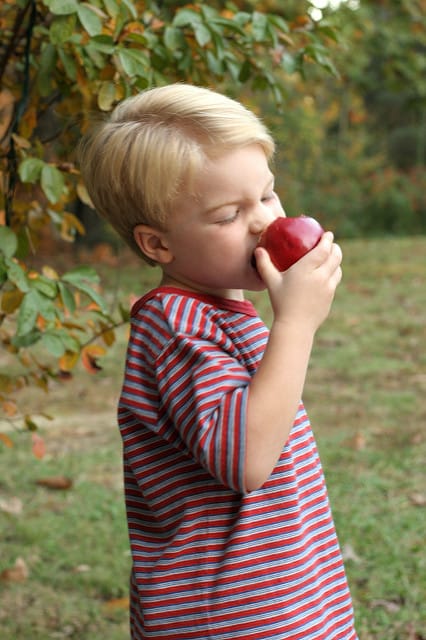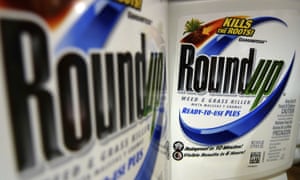Plants, insects and organisms crucial to food production in steep decline, says UN
The world’s capacity to produce food is being undermined by humanity’s failure to protect biodiversity, according to the first UN study of the plants, animals and micro-organisms that help to put meals on our plates.
The stark warning was issued by the Food and Agriculture Organisation after scientists found evidence the natural support systems that underpin the human diet are deteriorating around the world as farms, cities and factories gobble up land and pump out chemicals.
Organic carrot harvest in Germany. Organic agriculture makes up just 1% of global farmland. Photograph: Julian Stratenschulte/EPA
https://www.theguardian.com/global-development/2019/feb/21/worlds-food-supply-under-severe-threat-from-loss-of-biodiversity
The world’s capacity to produce food is being undermined by humanity’s failure to protect biodiversity, according to the first UN study of the plants, animals and micro-organisms that help to put meals on our plates.
The stark warning was issued by the Food and Agriculture Organisation after scientists found evidence the natural support systems that underpin the human diet are deteriorating around the world as farms, cities and factories gobble up land and pump out chemicals.
https://www.theguardian.com/global-development/2019/feb/21/worlds-food-supply-under-severe-threat-from-loss-of-biodiversity






